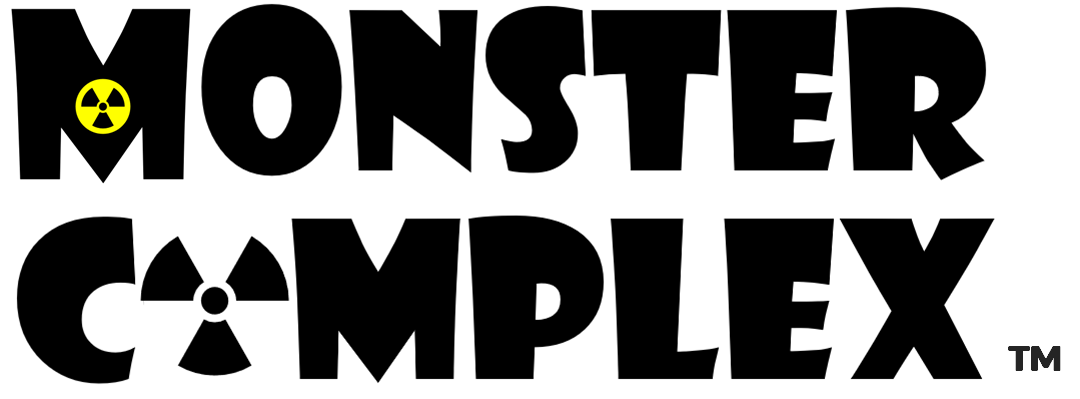[Flashback] ‘Dawn’ by Octavia E. Butler explores out-there aliens
Author photo by Ching-Ming Cheung
“Butler asks deep and probing questions about the nature of humanity…”—The Fantasy Hive
One woman is called upon to rebuild the future of humankind after a nuclear war, in this revelatory post-apocalyptic tale from the award-winning author of Parable of the Sower.
When Lilith lyapo wakes from a centuries-long sleep, she finds herself aboard the vast spaceship of the Oankali. She discovers that the Oankali—a seemingly benevolent alien race—intervened in the fate of the humanity hundreds of years ago, saving everyone who survived a nuclear war from a dying, ruined Earth and then putting them into a deep sleep.
After learning all they could about Earth and its beings, the Oankali healed the planet, cured cancer, increased human strength, and they now want Lilith to lead her people back to Earth—but salvation comes at a price.
Hopeful and thought-provoking, this post-apocalyptic narrative deftly explores gender and race through the eyes of characters struggling to adapt during a pivotal time of crisis and change.
Dawn
Octavia E. Butler
Grand Central
Category: Sci-Fi & Fantasy / Fiction / Science Fiction / Apocalyptic & Post-apocalyptic
Monster Complex uses Amazon affiliate links
Reviews
“One of my absolute loves in science fiction is exploring very alien aliens, beings who do not just look different, but think, react and relate to each other in a truly inhuman way...” (Fantasy Book Review)
“[Dawn is[ a novel to be talked about and explored, especially as a piece of ‘first contact fiction,’ but how contact between civilizations is never just the one time. I will definitely be continuing the rest of the Xenogenesis trilogy, and I hope some of you may join me.” (The Quill to Live)
“Over the course of the trilogy, Butler’s alien invasion story subverts the standard genre expectations to deconstruct ideas around gender and sexuality, colonialism and invasion, and how we relate to the nonhuman. Butler asks deep and probing questions about the nature of humanity, one which unflinchingly stares into the darkest parts of human history but still manages to return with hope for the future.” (The Fantasy Hive)
About the author
OCTAVIA E. BUTLER, often referred to as the “grand dame of science fiction,” was the author of several award-winning novels including Parable of the Sower and Parable of the Talents, winner of the Nebula Award for Best Novel. Recipient of a MacArthur Foundation “genius” grant and numerous literary awards, she has been acclaimed for her lean prose, strong protagonists, and social observations in stories that range from the distant past to the far future. She passed away on February 24, 2006.
Butler told In Motion Magazine that the basis for Dawn—and her whole Xenogenesis trilogy—started with the problems of the space race. “There were people who thought a nuclear war would be a cool idea,” she said. “During the early part of the Reagan era, there were people who thought we could win a nuclear war and rid ourselves of the Soviet Empire. I thought they were nuts, but they were there. And Reagan got into office in spite of the fact that he thought a nuclear war was winnable.”
She got her idea for the trilogy from President Ronald Reagan because he was advocating that kind of thing. “I thought there must be something basic,” she said, “something really genetically wrong with us if we’re falling for this stuff. And I came up with these characteristics. The aliens arrive after the war and they tell us that we have these two characteristics that don't work and play well together. They are intelligent, and they tell us we're the most intelligent species they've come across. But we’re also hierarchical. And I put this after the big war because it’s kind of an example. We've one-upped ourselves to death, just our tendency to one-up each other as individuals and groups, large and small.
“It has a greater consequence if you combine it with intelligence,” she continued. “If what you have is two elk fighting over who’s going to make the food, I mean, the consequences to them...but if you're going to have somebody sending people off to war for egotistical or economic reasons, both hierarchal sorts of reasons, you end up with a lot more dead people. When you're throwing nuclear weapons in the pie, which is what we were doing back then, you end up with more dead people than any war before. It could have been very bad.”
More authors and books on Monster Complex
Mary Shelley’s Frankenstein: 13 Facts About One Of the Most Influential Books in Literature
R.L. Stine: ‘The New Year’s Party’—when they hide the body but begin dying off…
Mummy Fiction Books by Anne Rice, Bram Stoker, R.L. Stine, more
Charlaine Harris Is Still Writing: New book ‘The Serpent in Heaven’
Who WROTE the Vampire Diaries books? Don’t believe the name on the cover…
Flashback: Katherine Dunn’s ‘Geek Love’ should come with a warning


